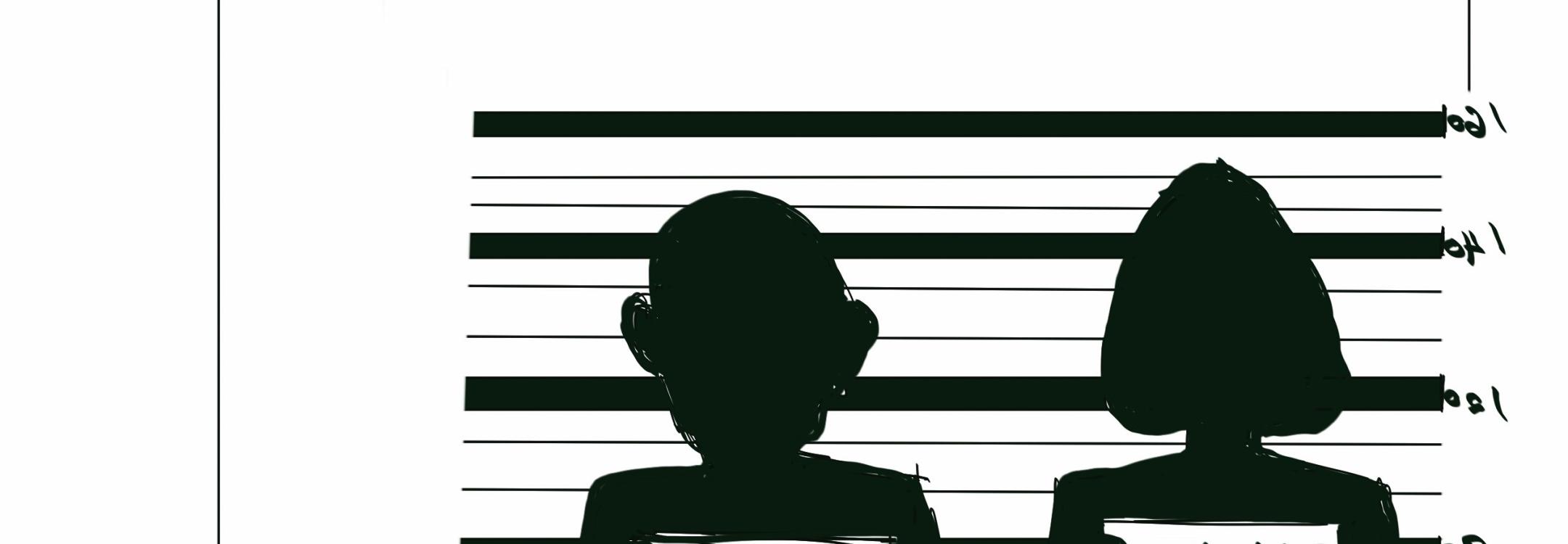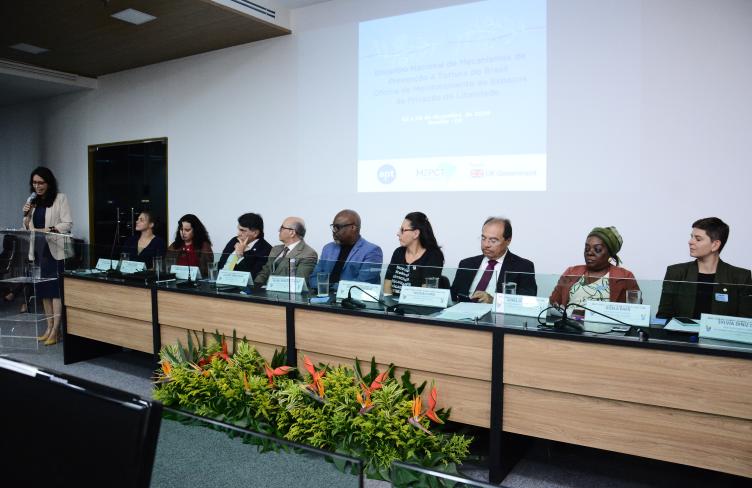
The APT participated in a regional conference on the establishment of a National Preventive Mechanism (NPM) in Palestine, which took place in Amman, Jordan from 31 July-1 August. Jointly organised by the Palestinian Independent Commission for Human Rights (ICHR) and Penal Reform International MENA Office, the conference aimed to discuss the proposed NPM model and provided a platform for exchange with NPMs from other countries.
The conference gathered representatives from Palestinian and Jordanian governmental institutions and non-governmental institutions, members of other NPMs – the four from the region (Mauritania, Tunisia, Morocco and Lebanon) and five others (Armenia, Georgia, Greece, France and Kazakhstan) – as well as the Chairperson of the UN Subcommittee on Prevention of Torture (SPT), Sir Malcolm Evans.
Following a presentation on “Effective oversight of places of detention” by APT’s MENA Programme Officer, Yasmine Shams, the attending NPMs presented their own model of functioning. Indeed, the Optional Protocol to the UN Convention against Torture (OPCAT) does not prescribe any specific NPM structure. It is therefore up to States to choose, according to their own national context and institutional landscape, whether to create a new body or designate an existing one.
The Human Rights department of the Palestinian Ministry of Interior – the authority in charge of public dialogue on the NPM establishment – then presented the hybrid NPM model envisaged for Palestine, which was conceived following a dialogue with the ICHR and civil society organisations. After conducting a SWOT analysis* of the considered model, the participants concluded on the necessity to clearly decide whether to appoint the ICHR or to create a new specialised institution, depending on the Palestinian context.
The APT will continue to support the establishment of an OPCAT-compliant NPM in the country.
The State of Palestine ratified the OPCAT on 29th December 2017, becoming the fifth State party in the MENA region. According to Article 17 of the OPCAT, States should designate or maintain a national preventive mechanism-within one year of ratification. Initial discussions probed the possibility of appointing the ICHR as NPM. The ICHR is both Palestine’s National Human Rights Institution (NHRI) and Ombudsman office. The ICHR has the mandate to visit places of detention and played a key advocacy role for OPCAT ratification.
* A SWOT analysis is a strategy planning technique used to help an organisation to identify its Strengths and Weaknesses, as well as its Opportunities and Threats.
For more information on the State of Palestine's implementation of the OPCAT, please access our OPCAT Database.


